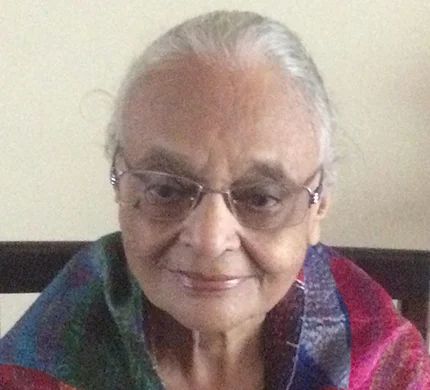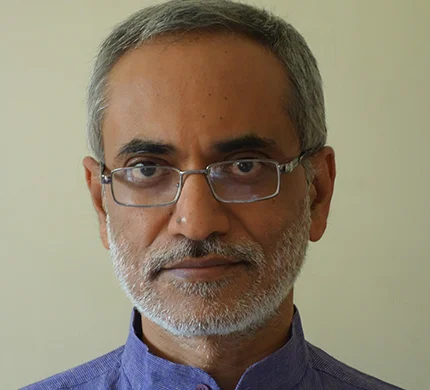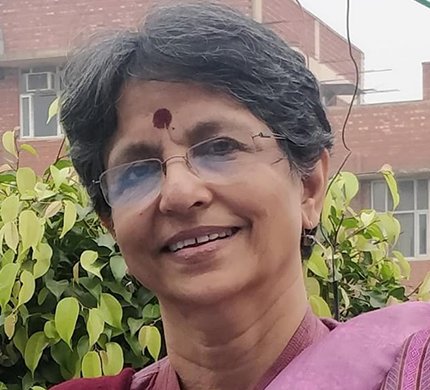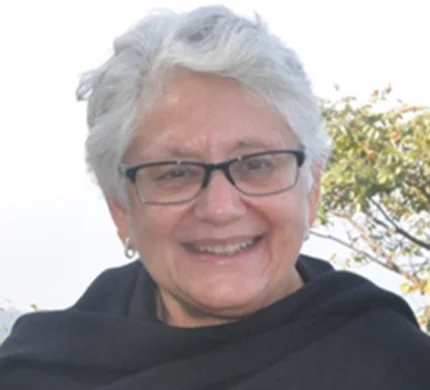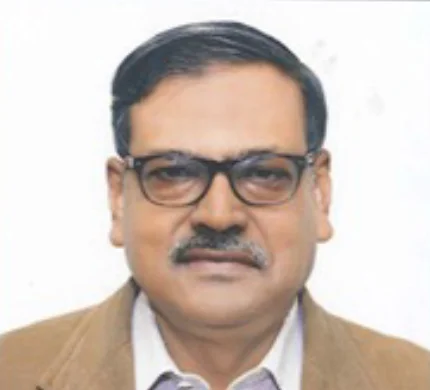2022
TESF India Dialogue Series
The TESF India Dialogue series – an initiative of the TESF India team – aims to organise online interactions among academic scholars and researchers. In this series, we invite scholars from diverse fields to present their work on issues and concerns relevant to the diverse areas of the TESF India research projects.
Researching Women Teachers in New Times | Nandini Manjrekar
The first session of the TESF India Dialogue series was held on Monday, 16th May 2022, with Professor Nandini Manjrekar who talked about women in the teaching profession. Professor Manjrekar spoke about how reforms in the education sector impact women teachers’ sense of personal and professional identity; how the wider economic reforms influence social/gender relations, and how family strategies change to accommodate new dimensions of work. The talk focused on how statistics on the growing numbers of women teachers hide stories of struggles in familial, educational, and work spheres to gain autonomy and a sense of professional identity.
July 2020
Fri
10
Virtual Inception Workshop – Day 2
IIHS hosted a two day e-workshop on Education and Sustainable Development. This was the first in a series of engagement workshops planned for the project – Transforming Education Systems for Sustainable Futures (TESF), India.
Transforming educational systems for social and environmental justice | Poonam Batra
Education for Sustainable Urbanisation | Aromar Revi
Education for Climate Action | Amir Bazaz
Inclusivity in the Indian education system | Sumit Bose
Strengthening the ‘public’ in India’s education system | Geetha Nambissan
Working with indigenous and marginalized communities in Southern India | Pratim Roy
June 2020
Tue
30
Virtual Inception Workshop – Day 1
IIHS hosted a two day e-workshop on Education and Sustainable Development. This was the first in a series of engagement workshops planned for the project – Transforming Education Systems for Sustainable Futures (TESF), India.
Education in India and the Challenge of Sustainable Development | Poonam Batra
Introduction to the TESF project | Leon Tikly
The SDGs and India’s Development | Aromar Revi
Need for progressive universalisms to address durable inequalities | N. V. Varghese
Importance of interdisciplinarity to address the theory practice divide | Darshini Mahadevia
Legitimising and strengthening indigenous knowledge | Madhulika Banerjee
Problematising the regulatory framework for higher education | Prasad Shetty

